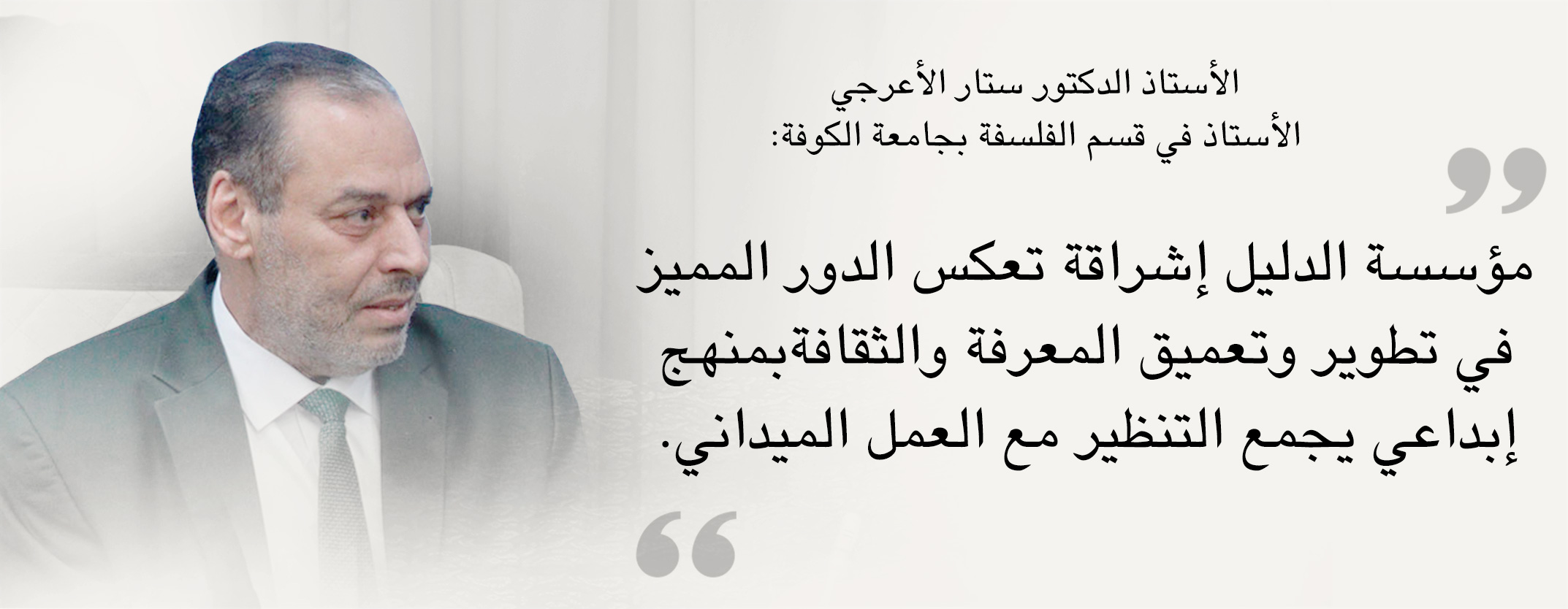
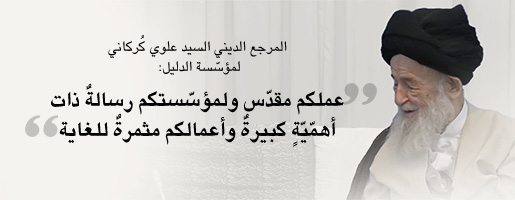
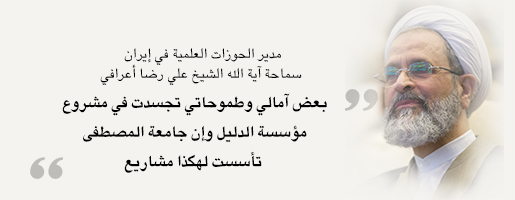
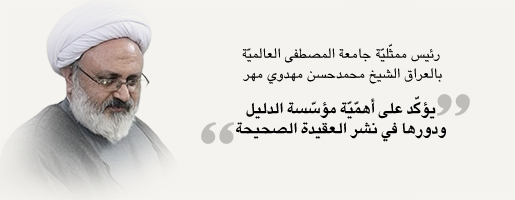
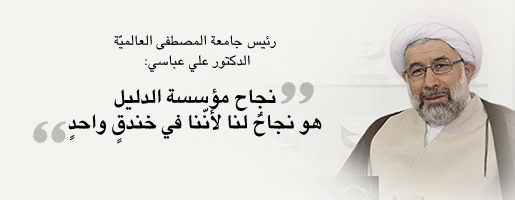
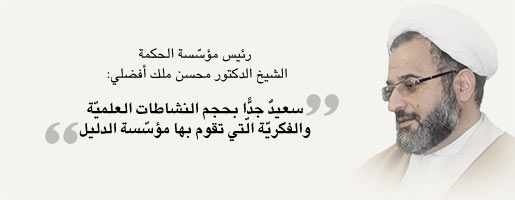
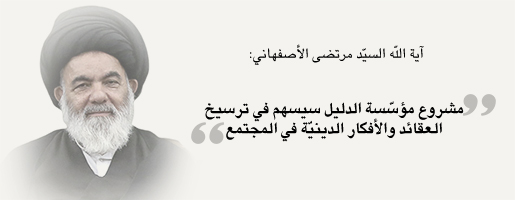
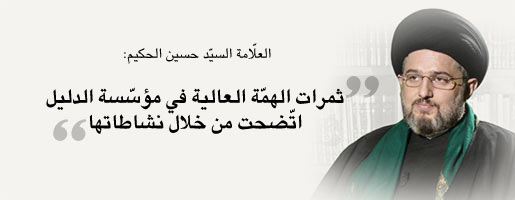
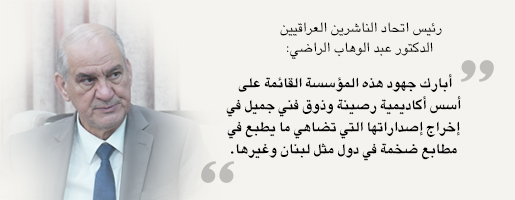
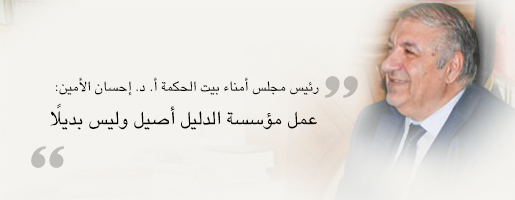
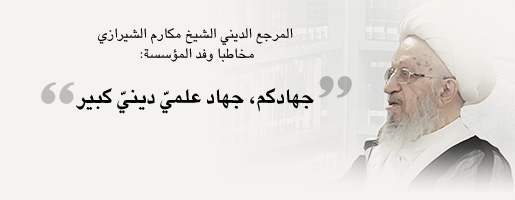
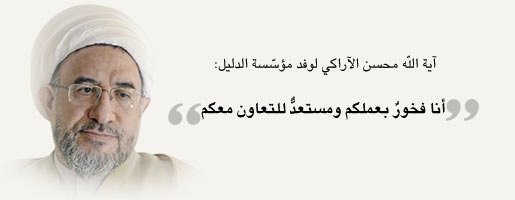
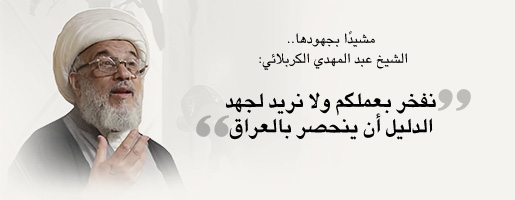
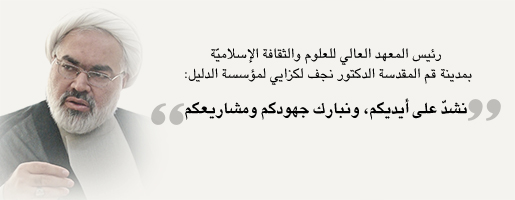
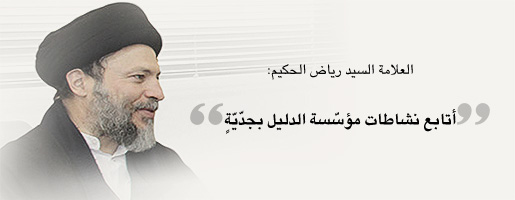
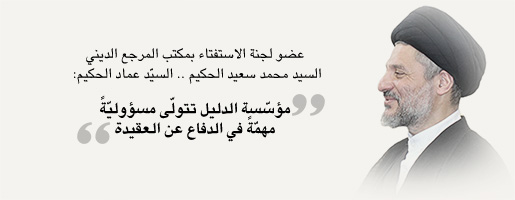
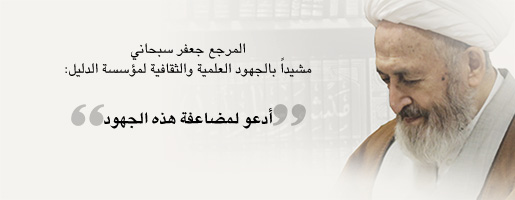
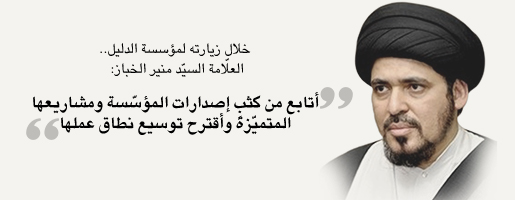
Yahya Abdul-Hasan Hashem
Abstract
The question of human freedom and choice within the framework of divine justice is a prominent intellectual debate that has occupied human thought. It raises a central question regarding the balance between human freedom of choice and God's justice in predestination (Qadar) and decree (Qada'). If humans are entirely free in their actions, how can God be all-knowing and the administrator of the universe? Conversely, if humans are compelled to act by the will of God, how can divine judgment be just if man lacks genuine freedom in his decisions? Islamic thought has grappled with this issue since its inception, seeking to understand the relationship between determinism (Jabr) and free will (Ikhtiyar) in light of reason and revelation. Meanwhile, some modern and Western philosophies offer materialistic and analytical interpretations of this problem. David Hume, for example, argues that free will must be understood within the framework of natural causality, where human actions are linked to empirical causes, weakening the idea of absolute choice but not entirely negating moral responsibility. Sam Harris, on the other hand, adopts a more deterministic view, arguing that free will is merely an illusion because human decisions are governed by pre-existing biological and neurological factors, thereby limiting individual responsibility for their actions. This philosophical understanding intersects with Islamic and religious debates concerning predestination and decree. However, the fundamental difference lies in the metaphysical basis. Islamic thought relies on the duality of divine justice and moral responsibility, while modern perspectives originate from a purely materialistic standpoint. This issue remains a focal point of ongoing intellectual discussion, with numerous approaches seeking to understand it according to the data of religion, philosophy, and science. Furthermore, how can religious texts - particularly the scientific and intellectual foundations laid down by Imam al-Ridha (peace be upon him) - pertaining to predestination, decree, determinism, and free will be understood in the context of reason and the principles of divine justice? All of this will be presented within the framework of ancient and contemporary intellectual debates and approaches to address this problem.
